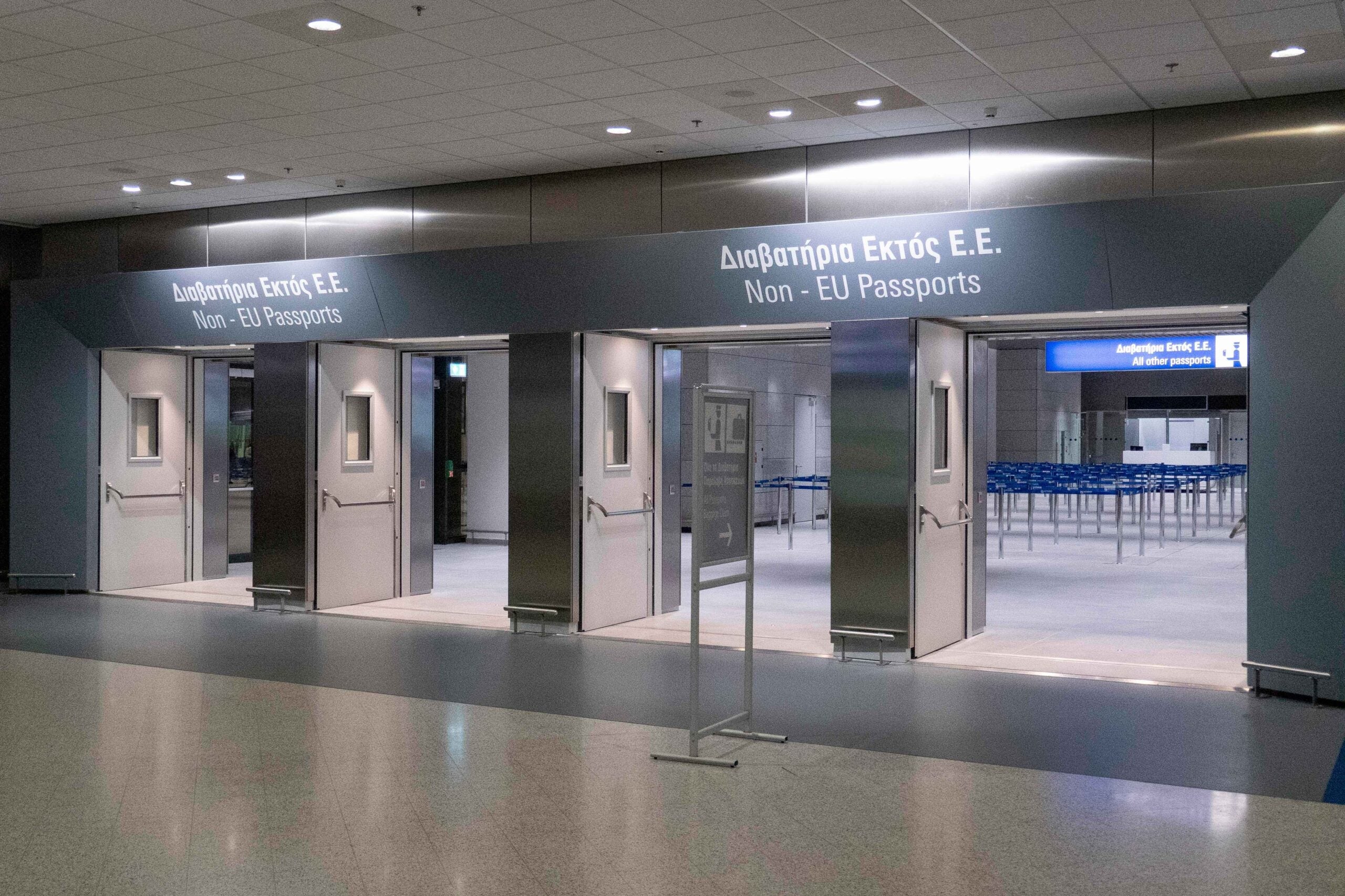EU’s state-of-the-art exit/entry system could be delayed until 2024
Travelers entering the European Union may be able to avoid having fingerprints and biometric data taken until 2024 because the long-awaited entry/exit system looks to be delayed ... again.
Using the latest in biometric and fingerprint technology, the EES will streamline security for third-party nationals entering the EU. It will take their fingerprints and facial biometrics each time they cross a Schengen border and record the date and place of entry or exit.
In short, it's about tightening controls and helping border officials.
"EES is among the measures undertaken as part of the Security Union and will help achieve the objectives of the European Agenda on Security and the European Agenda on Migration in particular regarding border management and preventing cross-border crime and terrorism," according to the official website of the European Union.
Related: Short staffing and high demand could spell disaster for your summer travel plans
The system was first slated to begin operating in 2021 but was pushed to November 2023. The rollout has been postponed once again, according to The Independent.

The newspaper says officials for the European Union Agency for the Operational Management of Large-Scale IT Systems in the Area of Freedom, Security and Justice — the agency in charge of the EU's major IT system operations — do not believe the technology will be ready in time for winter. This casts doubt on whether we'll see it before the 2024 Paris Olympics, which will take place from July 26 to Aug. 11.

The earliest current launch is reportedly May 2024, just before the sporting event is set to begin. However, this will likely be pushed back to avoid any potential issues arising with the system's launch.
More than 10,500 athletes, hundreds of delegates and millions of sports fans from 206 nations are expected to pour into the French capital next summer ahead of the global spectacle. So, it's believed that officials would look to avoid any potential disruptions as a result of the system.
Related: An excellent use of Avios: British Airways' Reward Flight Saver redemptions
Officials who recently met at a Stockholm airport hotel to discuss EES have seemingly decided that the technology will come after the Paris Games. However, the official verdict isn't likely to be announced until after a follow-up meeting scheduled to take place online on May 31.
Once the EES is up and running, it is set to boost the wider use of self-service systems and automated border control checks, providing "quicker and more comfortable" points of entry for non-EU travelers.
TPG featured card
at Capital One's secure site
Terms & restrictions apply. See rates & fees.
| 5X miles | Earn 5X miles on hotels, vacation rentals and rental cars booked through Capital One Travel |
| 2X miles | Earn unlimited 2X miles on every purchase, every day |
Pros
- Stellar welcome offer of 75,000 miles after spending $4,000 on purchases in the first three months from account opening. Plus, a $250 Capital One Travel credit to use in your first cardholder year upon account opening.
- You'll earn 2 miles per dollar on every purchase, which means you won't have to worry about memorizing bonus categories
- Rewards are versatile and can be redeemed for a statement credit or transferred to Capital One’s transfer partners
Cons
- Highest bonus-earning categories only on travel booked via Capital One Travel
- LIMITED-TIME OFFER: Enjoy $250 to use on Capital One Travel in your first cardholder year, plus earn 75,000 bonus miles once you spend $4,000 on purchases within the first 3 months from account opening - that’s equal to $1,000 in travel
- Earn unlimited 2X miles on every purchase, every day
- Earn 5X miles on hotels, vacation rentals and rental cars booked through Capital One Travel
- Miles won't expire for the life of the account and there's no limit to how many you can earn
- Receive up to a $120 credit for Global Entry or TSA PreCheck®
- Use your miles to get reimbursed for any travel purchase—or redeem by booking a trip through Capital One Travel
- Enjoy a $50 experience credit and other premium benefits with every hotel and vacation rental booked from the Lifestyle Collection
- Transfer your miles to your choice of 15+ travel loyalty programs
- Top rated mobile app

